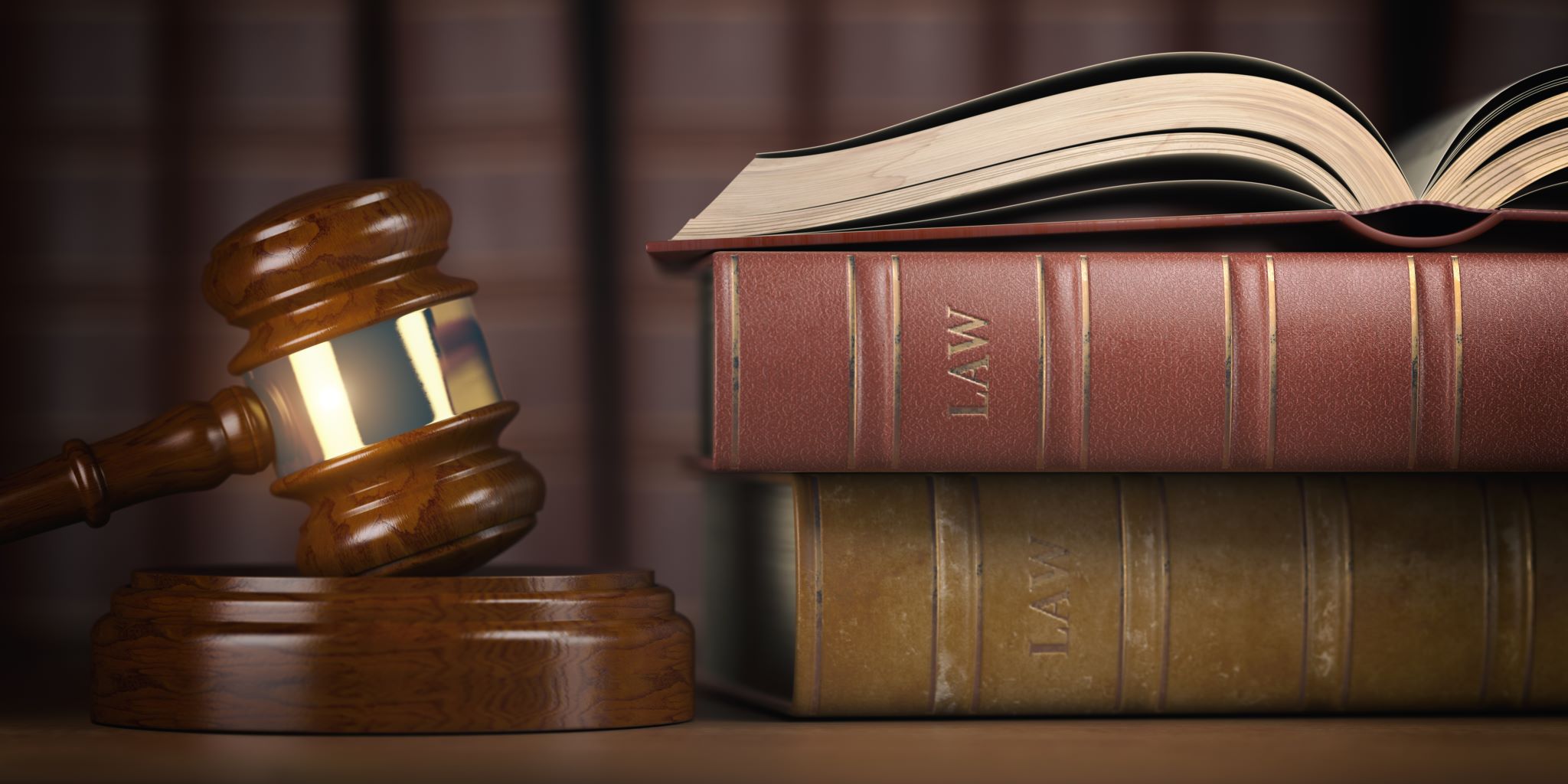False statements regarding one’s character can bring legal action. The terms defamation, slander, and libel are frequently confused with each other. They all may fall into a similar category of the law, which has to do with communications that falsely debase another’s character. The truth is the defense in these types of personal injury claims and in basic terms, if what was said was true, there is no case, however if false statements were made, a legal case may be brought as recourse to protect one’s reputation.
False Statements: Defamation, Libel, and Slander Definitions
As simple definitions, the following help to define and separate the meaning of these terms:
- Defamation can be divided into spoken defamation or slander, and written defamation or libel
- Slander refers to speaking defamatory words regarding another’s reputation, office, trade, business, or means of livelihood
- Libel refers to any written word or publication that injuries another’s reputation; the court tends to view libel more serious than slander as writing and publishing negative comments lasts longer than a spoken word; television broadcasts carry the same weight as print and web publications due to the number of people that may watch the broadcast.
False Statements Related to Defamation, Libel, and Slander Laws
Among the courts and legal system, it is generally accepted that four criteria need to be met for a slander or libel law suit to be considered as viable for success. The defamation, whether it is libel or slander must be:
- Demonstrated to be objectively false and the person made the false statement with a certain kind of intent; the statement must have been made with the knowledge that it was untrue or with reckless disregard for the truth
- Seen or heard by a third party, or the public – there needs to be proof that others saw it, heard it, read it, and had their minds changed because of the statements made
- The injury can be quantified or measurable – the damage to reputation can be tied to a loss of money, property, relationship, or resulted in harassment that led to a loss
- Is unprivileged by law – speech protected from defamation laws that are privileged and protected include witness testimony in court, lawmaker statements made in legislative chambers or in official materials and documents
False Character Statements Damages Attorney
Pursuing a legal case for defamation, slander, or libel, is a civil suit in a state court and alleges that under the slander laws or libel laws of that state the person who brought about the lawsuit was damaged by the conduct of the person who made the false statement. Call defamation damages attorney Joel Baskin for a private consultation regarding your case.

